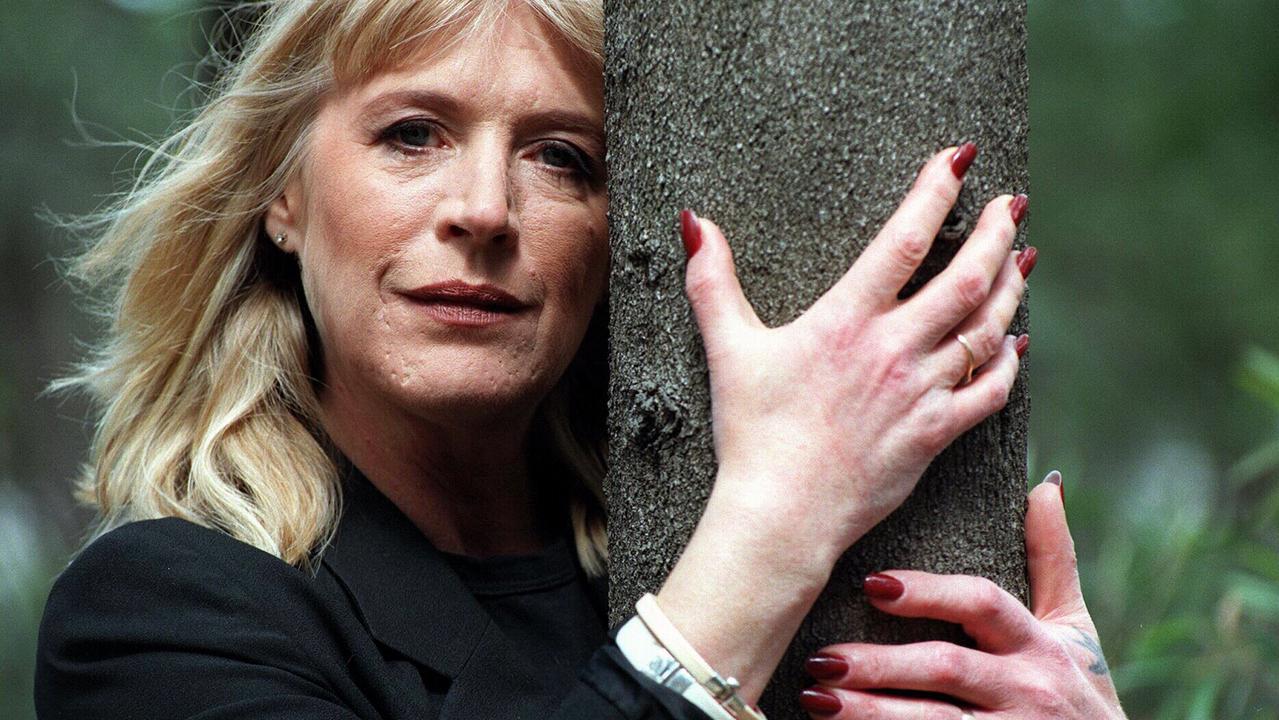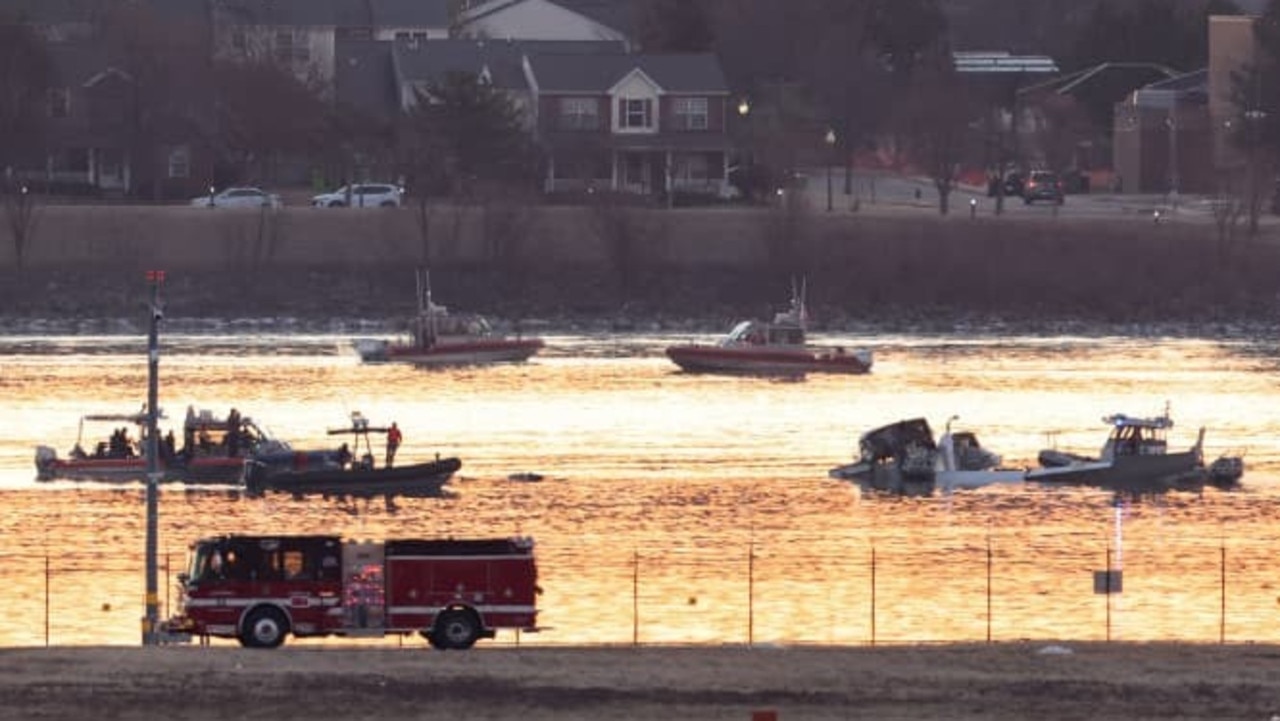Banks closed in Myanmar amid military coup
Myanmar banks have been closed after a military coup, state of emergency declaration and the detention of Aung San Suu Kyi.
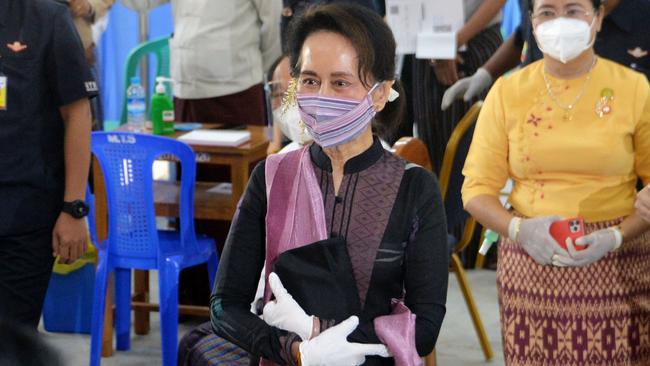
All Myanmar banks nationwide were closed Monday following a military coup, declaration of a state of emergency and the detention of de facto civilian leader Aung San Suu Kyi.
“All member banks of Myanmar Banks Association are to close their bank unanimously starting from February 1,” according to an announcement by the association, which said it was due to a poor internet connection.
The military coup, just two months after Ms Suu Kyi’s National League for Democracy was returned to office in a resounding victory, has stunned western nations which have lined up to condemn the move.
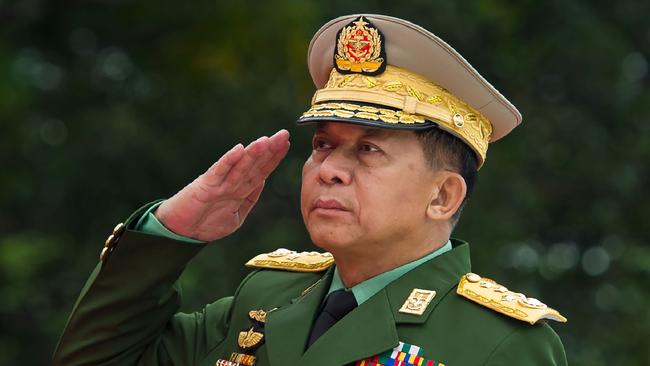
Australia and the US have both demanded the army release Ms Suu Kyi, the country’s defacto leader, and other elected officials and return to barracks.
“We call on the military to respect the rule of law, to resolve disputes through lawful mechanisms and to release immediately all civilian leaders and others who have been detained unlawfully,” foreign minister Marise Payne said in a statement.
White House spokeswoman Jen Psaki said the US was “alarmed” at the steps taken by the Myanmar military “to undermine the country’s democratic transition, including the arrest of State Counselor Aung San Suu Kyi and other civilian officials in Burma”.
“The United States opposes any attempt to alter the outcome of recent elections or impede Myanmar’s democratic transition, and will take action against those responsible if these steps are not reversed. We are monitoring the situation closely and stand with the people of Burma, who have already endured so much in their quest for democracy and peace.”
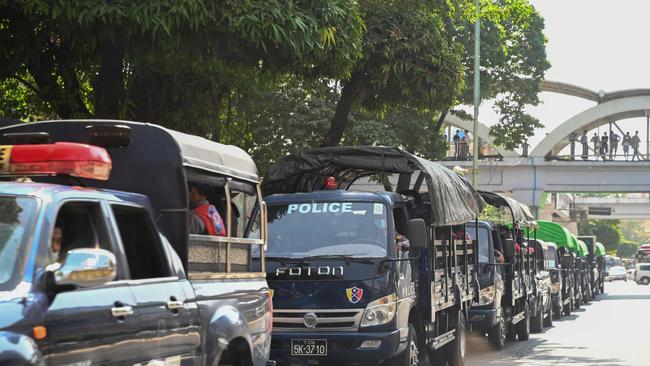
Spokesman Myo Nyunt told Reuters news agency that Ms Suu Kyi, President Win Myint and other leaders had been “taken” in the early hours of the morning.
“I want to tell our people not to respond rashly and I want them to act according to the law,” he said, adding he also expected to be detained.
The BBC reported earlier that there were soldiers on the streets of the capital, Naypyitaw, and the main city of Yangon, and that telephone and internet lines in Naypyitaw have been cut.
But just over an hour later it appeared state news and international networks, including the BBC, CNN and Channel News Asia, had been blocked in Myanmar.
Soldiers also visited the homes of chief ministers in several regions and took them away, family members said. Political dissidents are reportedly now also being arrested.
Foreign Minister Marise Payne has expressed alarm at developments in Myanmar.
“The Australian Government is deeply concerned at reports the Myanmar military is once again seeking to seize control of Myanmar and has detained State Counsellor Daw Aung San Suu Kyi and President U Win Myint,” Senator Payne said.
“Australia is a long-standing supporter of Myanmar and its democratic transition. We call on the military to respect the rule of law, to resolve disputes through lawful mechanisms and to release immediately all civilian leaders and others who have been detained unlawfully.”
She said Australia strongly supported the peaceful reconvening of Myanmar’s national assembly, in line with the results of the November 2020 election.
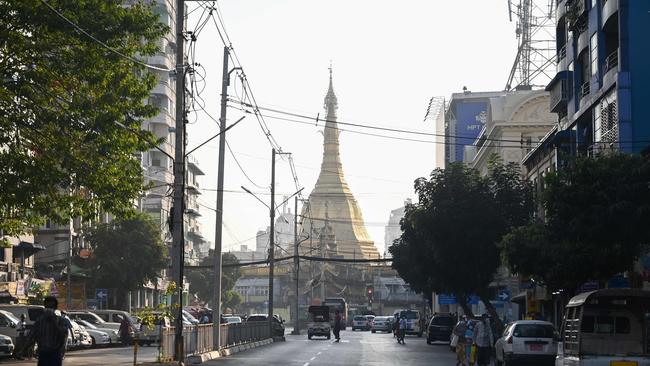
After a tense week in which senior military figures publicly raised the possibility of a coup, the army appeared to back away from those threats at the weekend.
The military has for weeks claimed there was mass electoral fraud in last November’s polls in which Ms Suu Kyi’s incumbent government was returned to office in a landslide victory, while the military-backed United Solidarity and Development Party (USDP) captured just five per cent of the vote.
The issue appeared to come to a head last week when a military spokesman refused to rule out a coup at a media conference on Tuesday in which the army presented documents it said supported its claims of electoral fraud.
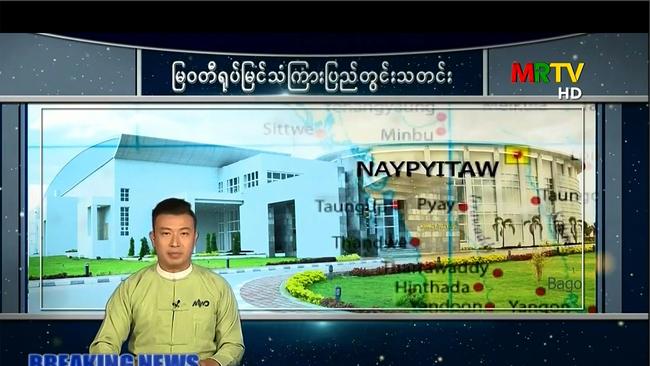
Then on Wednesday, Myanmar military commander in chief Min Aung Hlaing told senior cadets that if the constitution and law was “not respected or followed, we must abolish it. Even if it is the Constitution, we must abolish it. In the time of the Revolutionary Council, the 1947 constitution was repealed.”
Both the army, a powerful and feared institution which ruled Myanmar by brutal junta for almost half a century, and the USDP had demanded the government postpone the new session of parliament, which was due to open today (Monday).
Its remarks fuelled fears the military could again use force to nullify election results, as it did in 1990, and prompted UN secretary-general Antonio Guterres and western ambassadors in Myanmar to issue separate statements of concern on Friday.
“We urge the military, and all other parties in the country to adhere to democratic norms, and we oppose any attempt to alter the outcome of the elections or impede Myanmar’s democratic transition,” the statement signed by the embassies of Australia, UK, US, Canada and the European Union said.
The military issued its own statement at the weekend promising to abide by the constitution, which it drew up in 2008 to its own considerable advantage, and insisting Commander Min Aung Hlaing’s remarks had been misinterpreted.
Under that charter, it enjoys 25 per cent guaranteed parliamentary seats and hence veto power over any changes to the constitution. It also holds three of the most senior ministries; defence, home affairs and border affairs.
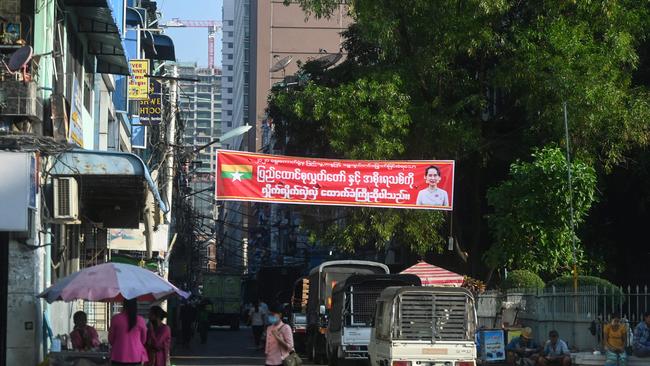
But it also warned western embassies not to make “unwarranted assumptions”, and ambiguously vowed to “do everything possible to adhere to the democratic norms of free and fair elections, as set out by the 2008 Constitution, lasting peace, and inclusive wellbeing and prosperity for the people of Myanmar”.
The Election Commission has conceded some “weaknesses” in voter lists but rejected the military’s accusations of poll fraud.
Yet the military is not the only one to have questioned aspects of November’s polls, after the EC cancelled the votes of 1.5 million people, citing ongoing unrest in areas dominated by minorities that strongly supported smaller ethnic parties.
Human Rights Watch also criticised the commission for censoring opposition campaign speeches on state-owned television and radio stations.
Still, talk of a fresh coup has sent shockwaves through Myanmar, which finally ended more than half a century of military rule in 2015 with the historic election victory of Nobel Peace laureate Suu Kyi’s National League for Democracy party (NLD).
Ms Suu Kyi, 75, came to power after spending 15 years under house arrest in a struggle for democracy that turned her into an international icon.
But her reputation has since been shredded by her own government’s treatment of Myanmar’s minority Rohingya Muslim population.
In 2017, more than 700,000 Rohingya civilian fled Myanmar’s western Rakhine State into neighbouring Bangladesh to escape a savage army crackdown, in which the military and paramilitary groups stand accused of committing mass arson, murder and gang rapes.
Ms Suu Kyi, the daughter of Myanmar independence hero General Aung San, was initially accused of doing nothing to protect the Rohingya civilian population.
But in 2019, her strident defence of the army’s actions before the International Court of Justice in 2019, where the Myanmar military and state are facing allegations of genocide, shocked many.
Inside Buddhist-majority Myanmar, however, where there is little sympathy for the Rohingya, she remains a hugely popular figure.
Additional reporting: Ben Packham


